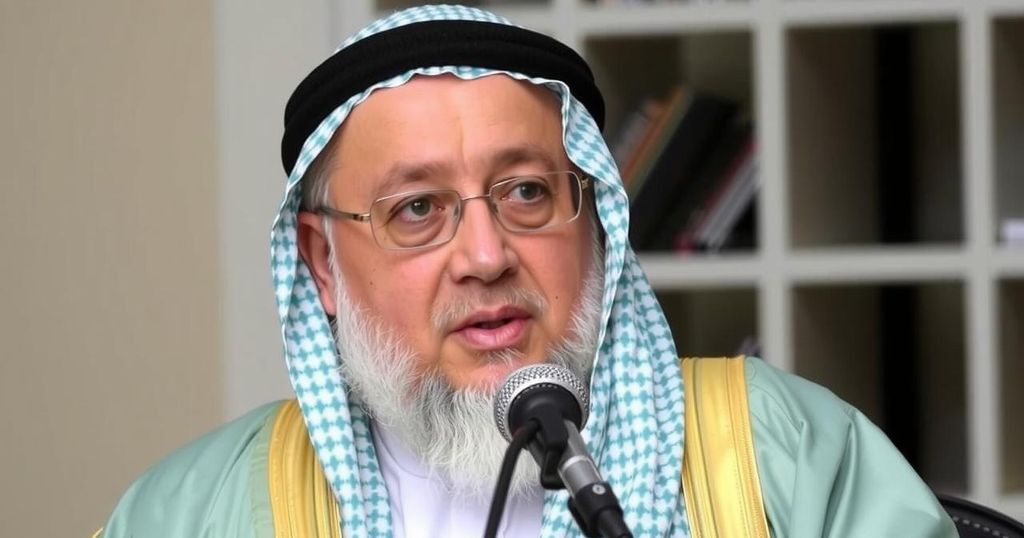Lebanon has approved the extradition of Egyptian activist Abdul Rahman al-Qaradawi to the UAE, raising concerns over his potential mistreatment. Al-Qaradawi’s arrest followed critical comments about Middle Eastern authorities, prompting calls for his release from human rights organizations. Efforts are underway to appeal this decision, citing risks of persecution and violation of rights.
Lebanon has officially consented to the extradition of Egyptian opposition activist Abdul Rahman al-Qaradawi to the United Arab Emirates (UAE), despite considerable concerns regarding his potential mistreatment. This decision was announced by Lebanon’s Prime Minister Najib Mikati, following a cabinet vote supporting the extradition. Al-Qaradawi, who was apprehended in Lebanon on December 28 after returning from Syria, has previously faced scrutiny for remarks critical of the UAE, Egypt, and Saudi Arabia, raising alarms about his safety upon being sent back to these countries.
Amnesty International has expressed apprehension surrounding al-Qaradawi’s extradition, highlighting a significant risk of human rights violations should he be transferred to the UAE. Sara Hashash, the deputy director for the Middle East and North Africa at Amnesty International, emphasized that al-Qaradawi’s detention was influenced by his exercise of free speech, asserting, “Criticising the authorities is not a crime.” Legal representatives for al-Qaradawi intend to submit an urgent appeal to prevent the extradition, which underscores the complexities of his situation, given his Turkish citizenship and longstanding opposition to the Egyptian government.
The extradition of Abdul Rahman al-Qaradawi has emerged as a pivotal issue reflecting ongoing tensions related to freedom of expression and human rights in the region. Al-Qaradawi is not only the son of the late prominent cleric Yusuf al-Qaradawi but has also been a notable critic of authoritarian regimes in the Middle East, particularly in Egypt and the UAE. His recent activities, including a video recorded criticizing these governments, have drawn international attention and concern, particularly from human rights organizations.
The Lebanese government’s decision to extradite Abdul Rahman al-Qaradawi to the UAE, despite warnings about his safety and rights abuses he may face, raises significant human rights concerns. As advocates call for justice and protection of free speech, al-Qaradawi’s case becomes emblematic of wider issues pertaining to political dissent and the treatment of activists in the region. The impending legal appeal may yet alter the course of his extradition and ensure his safety.
Original Source: www.aljazeera.com






